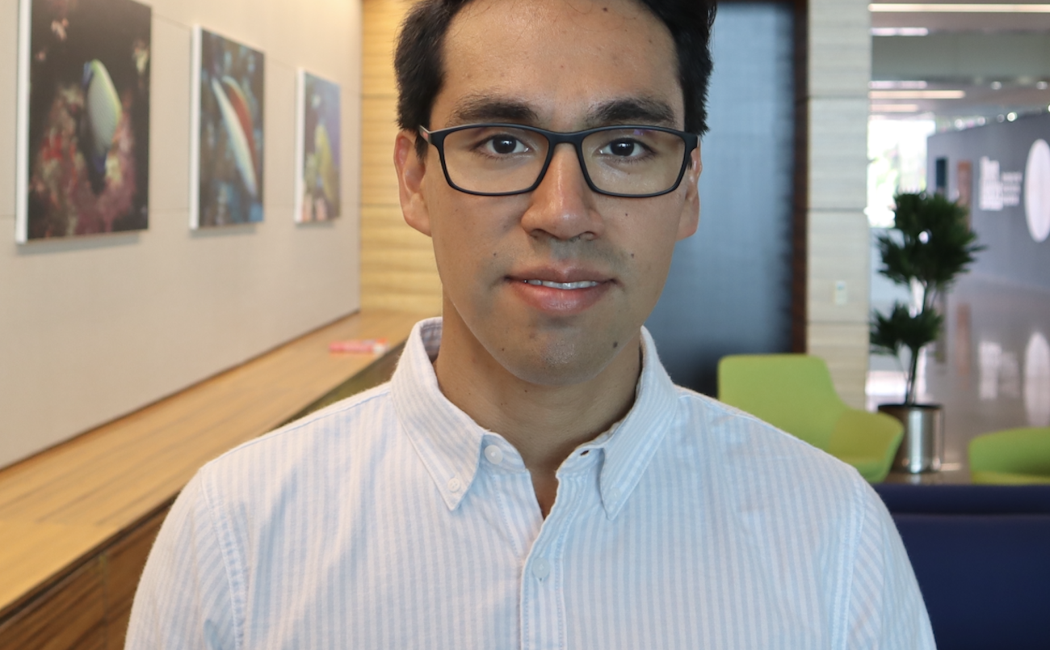Title
Laser Induced Fluorescence for Detonations Waves

Samir Rojas Chavez, PhD candidate supervised by Prof. Deanna Lacoste
Date: Wednesday, July 2nd, 2024
Time: 10:00 - 11:00 AM
Location: Bldg.5 L.5 Room. 5209
Abstract
Detonations, supersonic combustion waves, are important for energy production and propulsion systems, exemplified by rotating detonation engines (RDEs), promising greater thermal efficiency compared to the current technologies. Despite their potential benefits, the complexity of detonations poses challenges for accurate characterization, crucial for safety and performance optimization of RDEs. Conventional visualization techniques struggle to capture their unique properties effectively. While laser diagnostics excel in subsonic combustion, they often fall short in detonation environments. This thesis addresses this gap by comprehensively evaluating the laser-induced fluorescence (LIF) technique, focusing on three-dimensional hydrogen-fueled detonations. Through experimental and numerical analyses, the study systematically explores LIF excitation strategies to enhance the qualitative and quantitative understanding of detonation fronts. The first study optimizes OH-LIF imaging in hydrogen-fueled detonations, identifying excitation schemes that significantly improve the qualitative detection of OH radicals, providing a more accurate representation of the OH field. The second part introduces a proof-of-concept for measuring an important chemical characteristic length scale using NO-LIF in stoichiometric H
2-air mixtures. This approach validates the technique's accuracy through two-dimensional visualizations of the induction zone, offering insights into shock structure and induction zone thickness. The third study demonstrates the simultaneous application of OH-LIF and NO-LIF diagnostics, effectively depicting both the OH-reaction zone structure and the induction zone. Comparative assessments highlight that combining both techniques enhanced capabilities for analyzing detonations, particularly in engine conditions.
Bio:
Samir B. Rojas Chávez is a Ph.D. candidate in the Mechanical Engineering program under the guidance of Professor Deanna Lacoste. He earned his bachelor’s degree in Energy Engineering from the National University of Santa (Peru) and completed his master’s degree in Mechanical Engineering at São Paulo State University (Brazil). His research centers on advancing optical diagnostic techniques to experimentally characterize the detonation phenomena.



